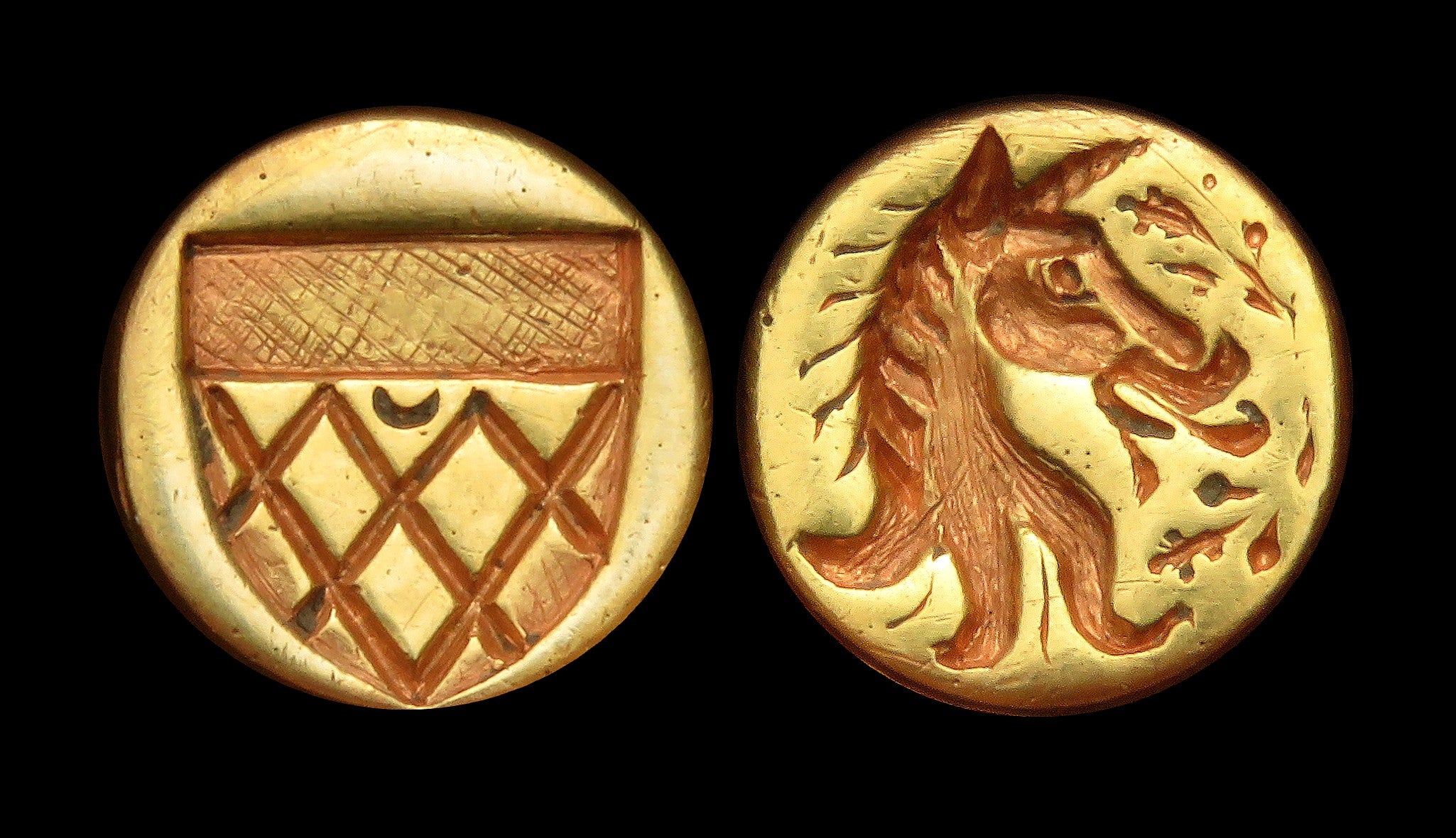Gold unicorn ring lost for nearly 400 years sells for £20,000
The signet ring belonged to a noble family with links to England and Scotland.

Your support helps us to tell the story
From reproductive rights to climate change to Big Tech, The Independent is on the ground when the story is developing. Whether it's investigating the financials of Elon Musk's pro-Trump PAC or producing our latest documentary, 'The A Word', which shines a light on the American women fighting for reproductive rights, we know how important it is to parse out the facts from the messaging.
At such a critical moment in US history, we need reporters on the ground. Your donation allows us to keep sending journalists to speak to both sides of the story.
The Independent is trusted by Americans across the entire political spectrum. And unlike many other quality news outlets, we choose not to lock Americans out of our reporting and analysis with paywalls. We believe quality journalism should be available to everyone, paid for by those who can afford it.
Your support makes all the difference.A 17th century gold unicorn ring which had lain buried in a farmer’s field for nearly 400 years before being dug up by a metal detectorist has sold at auction for £20,000.
The signet ring, which belonged to an English noble with links to Scotland was found on farmland at Thornton in Buckinghamshire in 2018.
Weighing more than 20g, it went under the hammer on December 9 with an upper estimate of £12,000, but sold for nearly double that price, Hansons Auctioneers said.
Charles Hanson, the Derbyshire-based auction house owner, described it as “an exceptional result for an exceptional find”.
“Buried treasure lies beneath our feet, lost centuries ago,” he said. “The ring’s historical importance made it irresistible to bidders.”
The expertly crafted piece had a two-sided bezel, swivelling to reveal an engraved unicorn’s head on one side and a coat of arms on the reverse.
The engraved arms, featuring a shield with a crescent moon, was that of Thomas Curwen – second son of Sir Henry Curwen MP – who was born in 1602 during the last months of Elizabeth I’s reign.
The unicorn’s head was the crest of the Curwen family, who were from Workington in Cumbria, 270 miles from where the ring was found.
Thomas Curwen inherited the family estate in 1664, which included 15th century Workington Hall, where Mary Queen of Scots once sought refuge from Queen Elizabeth.
The appearance of the unicorn shows the Curwen family’s historic links to Galloway in Scotland.
Thomas Curwen, who never married, died in February 1672, during the reign of Charles II, and was buried at Workington.
Mr Hanson said: “The ring travelled far from its ancestral home but we will never know how and why.
“Finds like this are fascinating; not only is it a stunning item of jewellery, it’s an important family heirloom and a fascinating piece of Cumbria’s local history.”
Proceeds from the sale will be shared with the landowner.